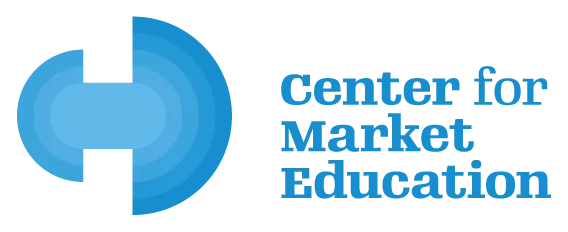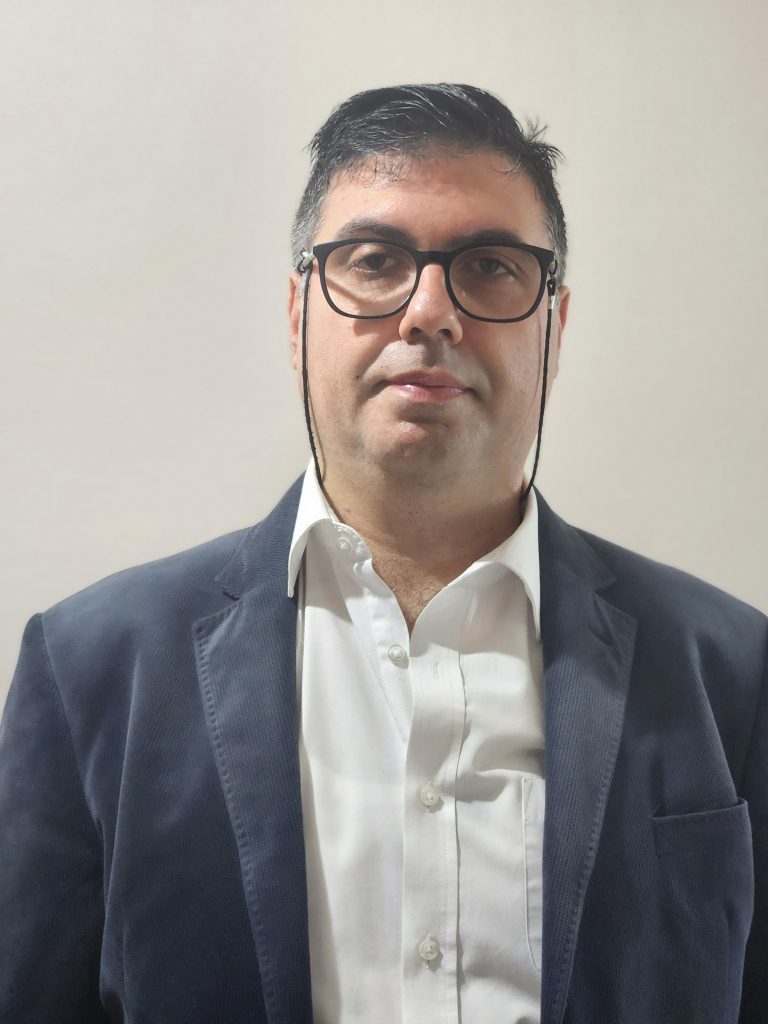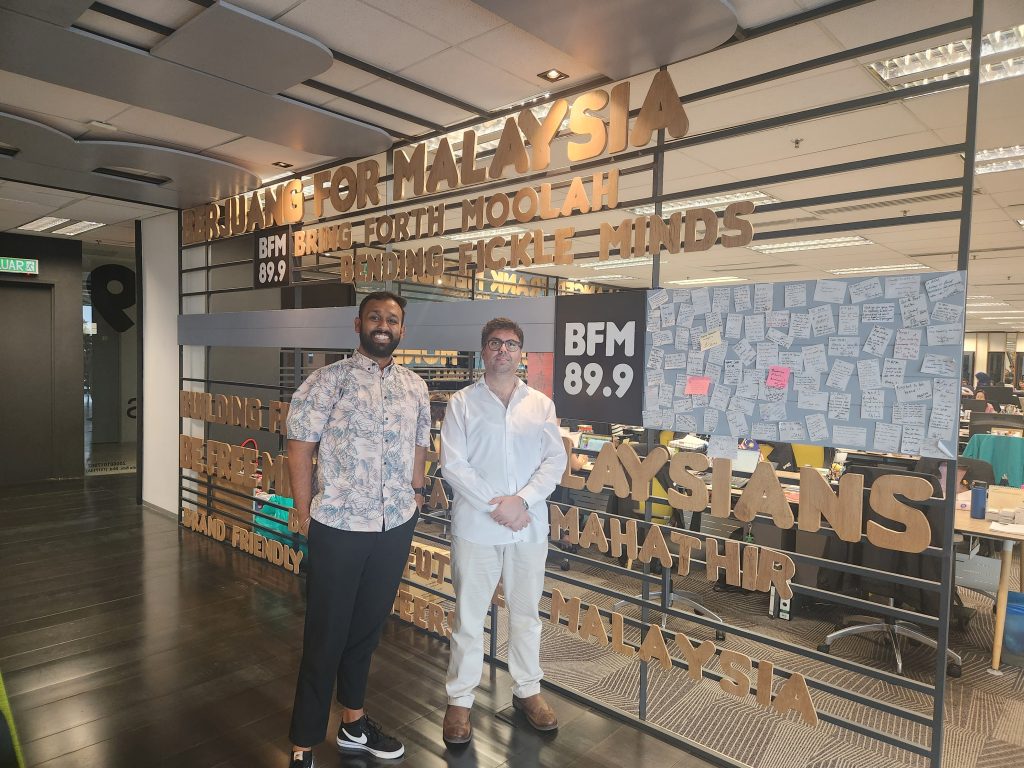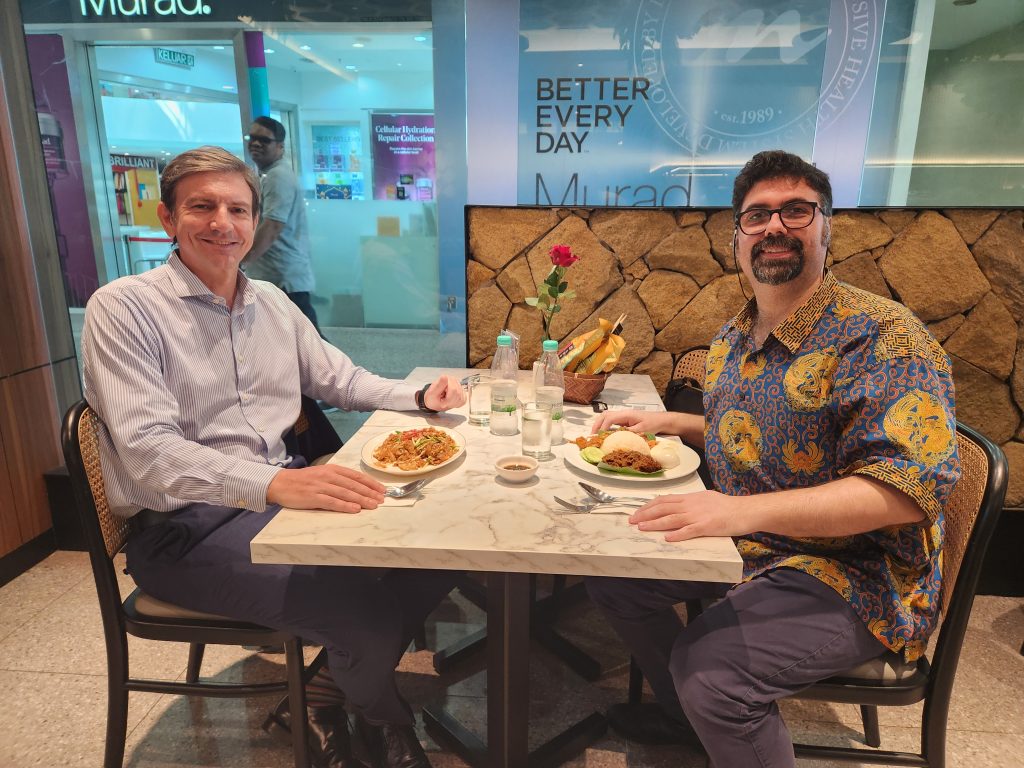In this week’s Giornale Interview, we connect with Dr. Carmelo Ferlito, CEO of the Center for Market Education and Voluntary Advisor for Economic and Policy Analysis at Italcham Malaysia.
Gain insights into his unique approach to merging research and consulting, mastering market fluctuations, and leveraging CME’s Austrian School Economics principles to empower businesses in Malaysia and beyond.
From tailored training programs to analyzing policy impacts, Dr. Ferlito shares strategies to help businesses thrive in today’s dynamic economic landscape.
Scroll down to read more!


Dr. Carmelo Ferlito, CEO of the Center for Market Education and Voluntary Advisor for Economic and Policy Analysis at Italcham Malaysia.
1. What inspired you to establish the Center for Market Education (CME), and how does it differentiate itself from other consulting firms in the region?
We were born primarily as a research and educational platform to promote pluralism in economics and advocate for market-friendly solutions to policy issues. Eventually, we developed into something different which I like to call a think firm: we are not purely a think-tank because our theoretical work is accompanied by business consulting, in turn solidly grounded in 25 years of corporate experience; but we are neither a pure consulting firm because our business insights are enriched by years of theoretical analysis and academic exposure.
Therefore, as a think firm, we blend the intellectual dynamism of a think-tank with the professionalism and experience-driven analysis of a consulting firm. And this is precisely where our added value stands: theoretical analysis and business insight blend to offer that little bit more to our clients.
2. CME offers a diverse range of services, from policy impact analysis to business analytics. Which of these services do you find businesses in Malaysia and Indonesia most in need of, and why?
Well, I think it is difficult to provide generalizations as business needs are often very unique and I guess that each firm over time specializes in attracting a specific typology of clientele. In our case, most of our customers are interested in the relationship between business, policy and economic analysis (which is a third aspect which should not be forgotten); I would say that our market intelligence service, even when very much devoted to the development of an adequate business model, always tries to get enriched with the analysis of institutional factors and macroeconomic elements, which may help customers to make better-informed decisions.
In fact, businesses are maturing and they do not just look anymore solely at costs and taxes; they understand that the general policy scenario and the macroeconomic evolution are important to contextualize the relevance and stability of the microanalysis.
Let’s give an example related to an industry in which we have been quite active, the poultry sector. An investor may be interested in understanding how poultry consumption will evolve over the years; the answer is related to technical and income factors, but policy matters too: what will happen if trade restrictions are introduced or price controls are established? And what about the ageing population scenario? Demographic affects consumption patterns too.
Furthermore, being poultry a “cheap” protein, its consumption will stop growing even if income keeps on growing and there are physiological limitations to its per capita consumption. In a nutshell: technical understanding, macroeconomic analysis and policy understanding are all elements which can dramatically enrich the traditional way to do market intelligence.
3. How does CME’s focus on Austrian School Economics principles influence its approach to economic research and consulting?
This is a very good question indeed. It is probably appropriate to say that what I have said so far is the result of my 20-year relationship with the Austrian School, a school which is too often associated with anarcho-capitalism, while instead among its main contributions we find an accent on the role of institutions and the limits of knowledge; the market solutions advocated by the “Austrians”, which inspire our policy research, are not ideologically motivated but well supported by an understanding of the limits of human knowledge: because of these limits, decentralized decision processes, coordinated by the price mechanism, tend to produce better results than centrally planned decisions.

(Left to right) Mr Roshan Kanesan, radio producer and presenter in BFM Radio with Dr Carmelo Ferlito
4. CME emphasizes its role as a learning center. Could you share more about the tailor-made trainings and courses CME offers, and their relevance to today’s business environment?
Today we talk a lot about continuous learning and permanent formation. Short courses will likely become an integral part of individual learning on the demand side and of universities’ offers from the supply side.
This is due also to the emergence of always new problems that require differentiated approaches. We try to offer insights into all these new emergent problems, designing training solutions which are not generalist but customer-specific. So we present, among other things, the opportunity to understand how policy trends and changes have an impact on a specific sector or firm; we explain how alternative business models within different institutional frameworks compete with each other and how to understand what’s the best case-specific solution; we also offer training on macro-issues such as HR management and cyclical trends.
5. With your expertise in housing policies and economic cycles, how does CME assist businesses in navigating market volatility and preparing for future trends?
We try to make firms understand that fluctuations are unavoidable and therefore business life requires the ability to surf the waves of economic cycles. The application of business cycle analysis to the real estate market has been one of our first fields of research here in Malaysia and it has become very popular, but business cycles are everywhere, micro or industry cycles living within macroeconomic cycles.
What we try to do is to explain how these things happen, which are the explanatory factors and how to surf the cycle rather than trying to survive it, with an approach that looks at the life and features of the specific firm within the greater economic context.

(From left to right) Mr Luciano Pezzotta, Vice President of Italcham Malaysia and Dr Carmelo Ferlito
Interested to get in touch with a representative of Center for Market Education (CME)? Email general@centermarketedu.com or contact Italcham Malaysia at +60189004816
